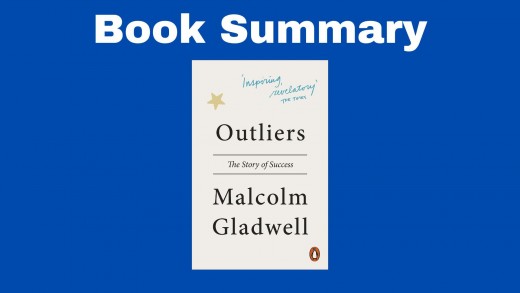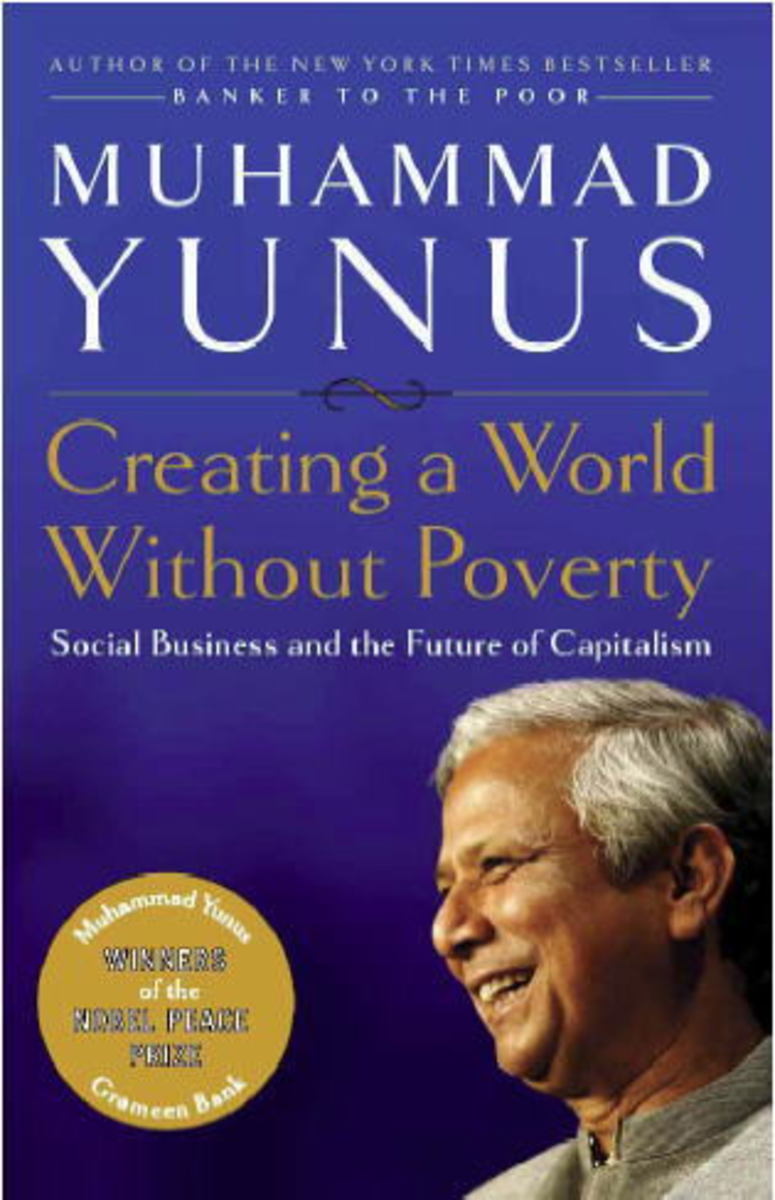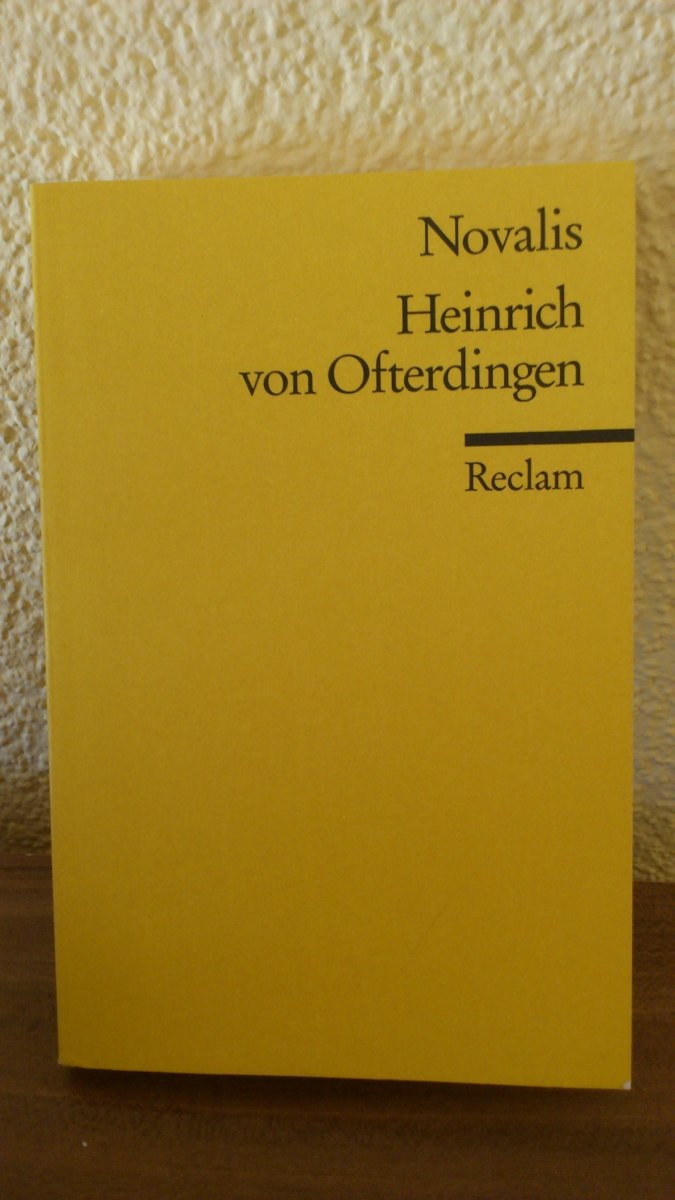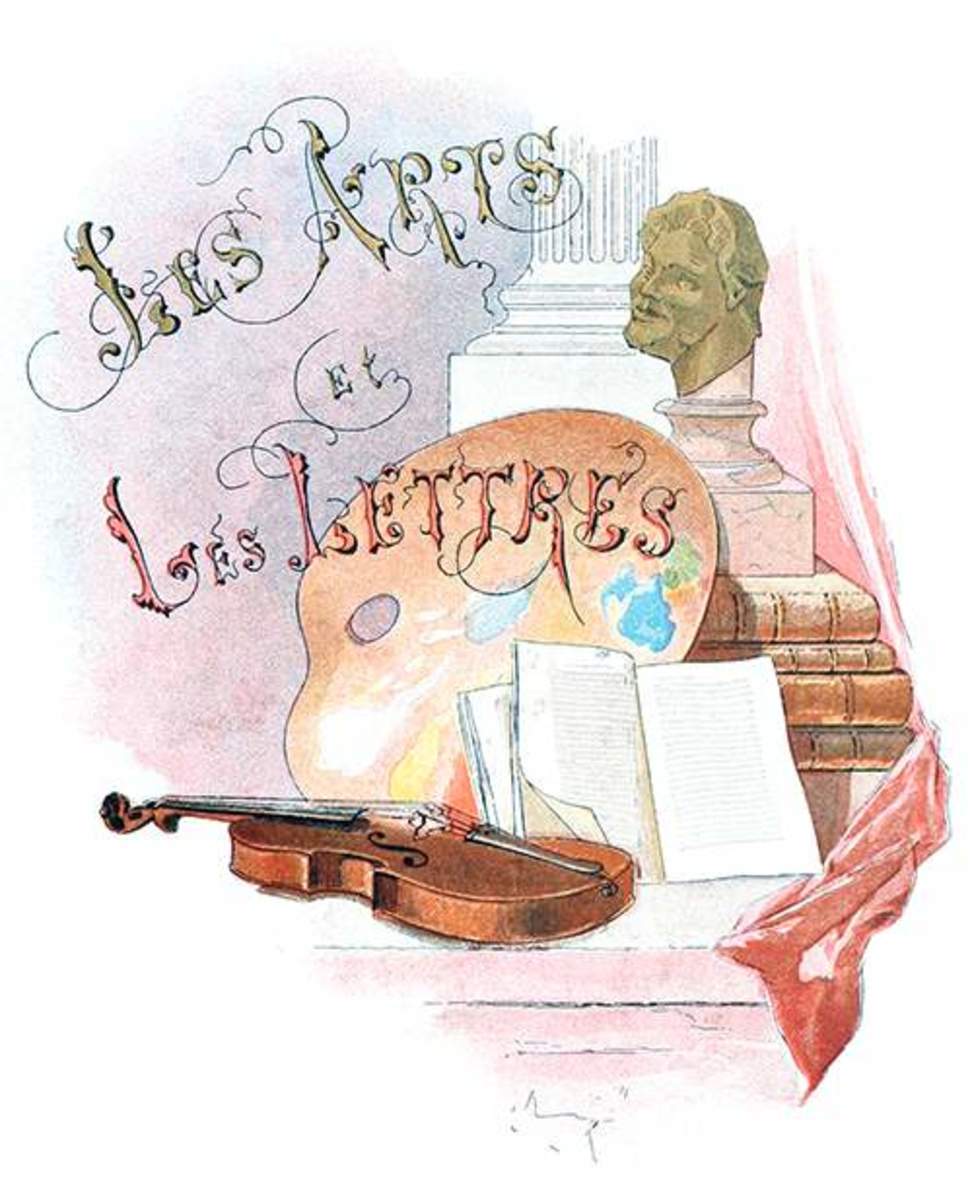Book Summary of "Outliers: The Matthew Effect" by Malcolm Gladwell

Chapter 3 Review: "Outliers"
The “Mathew Effects” is a conception that the rich continue accumulating wealth and increasing their richness because they have the capability to do so while the poor continue becoming poor. The philosophy behind this conception is that those who already have resources are in a better position of gaining more. On the other hand, those who do not have enough have low chances or opportunities of moving to another level, wealth wise. Practically, the “Mathew Effect” relates to the idea that those who have a benefit to acquire more while those who do not have are disadvantaged.
According to Gladwell in his chapter “Outliers”, majority of cultural narratives on the definition of success are profoundly incorrect. He introduces a view that the success of people in athletics is not on the basis of talent or hardwork alone, but as a consequence of other “concealed advantages”. This simply implies that besides talent, there are other factors that are necessary for a person to be successful in athletics. Among these include hidden cultural forces, increased attention, and interest from coaches, sufficient practice time, availability of resources and facilities for play and practice and more time for the practices.
What this means is that an individual may be well talented and be a hardworking type, but without a good coach, facilities or support, he or she may find a hard time going forward or succeeding. Again, the quality of coaches available and their training level matters a lot. This is the same case with the facilities of which the quality greatly influences the success of an athlete.
Therefore, the success of an athlete does not arise from an individual advantage, but from a sociological one.
Reference
Gladwell, M. (1963). Outliers : The Story of Success. New York :Little, Brown and Co







